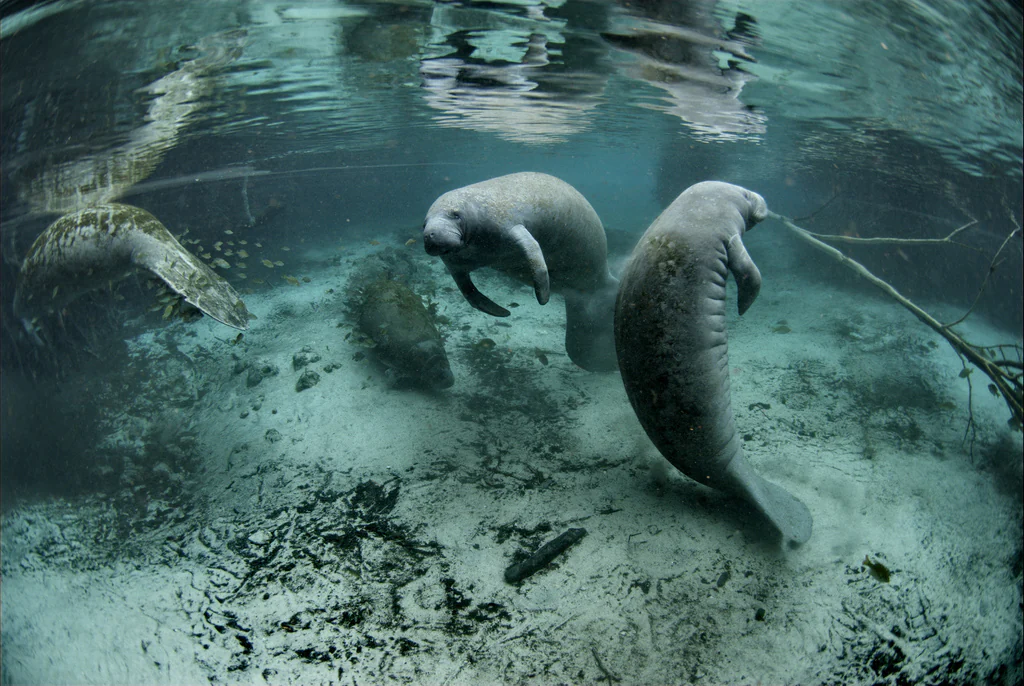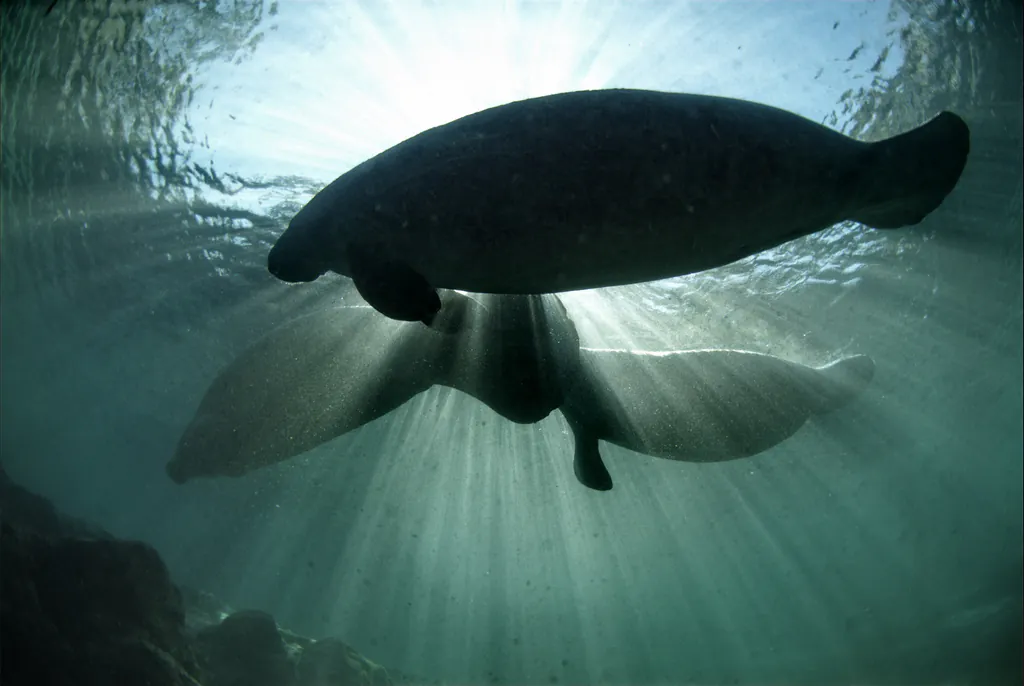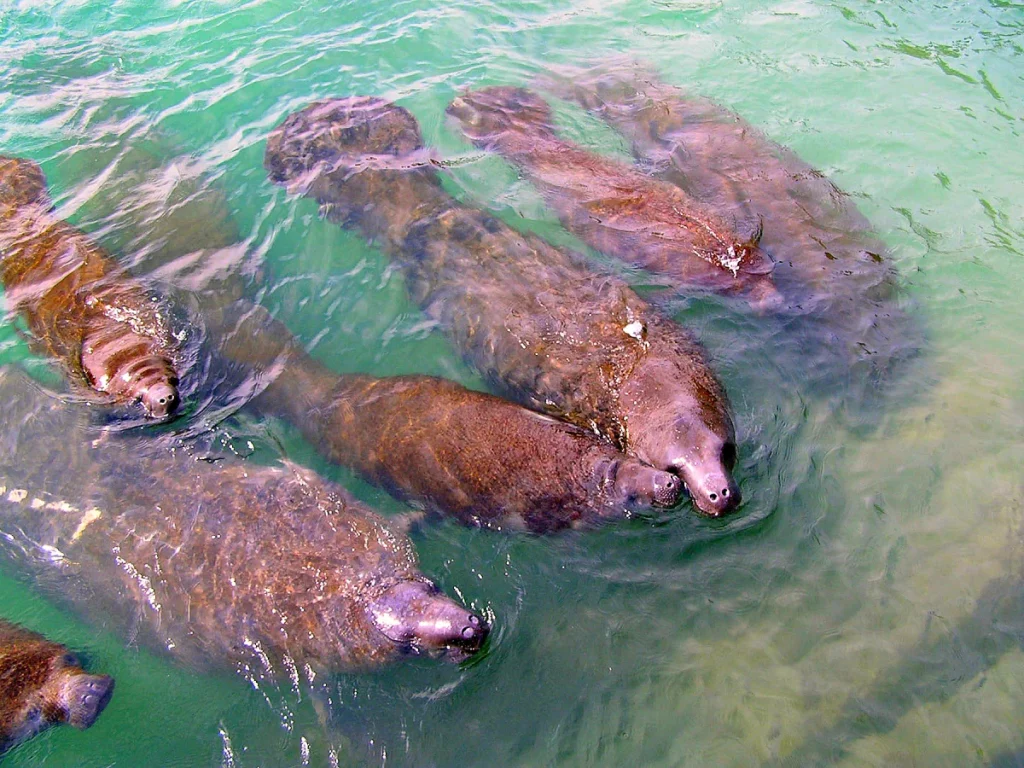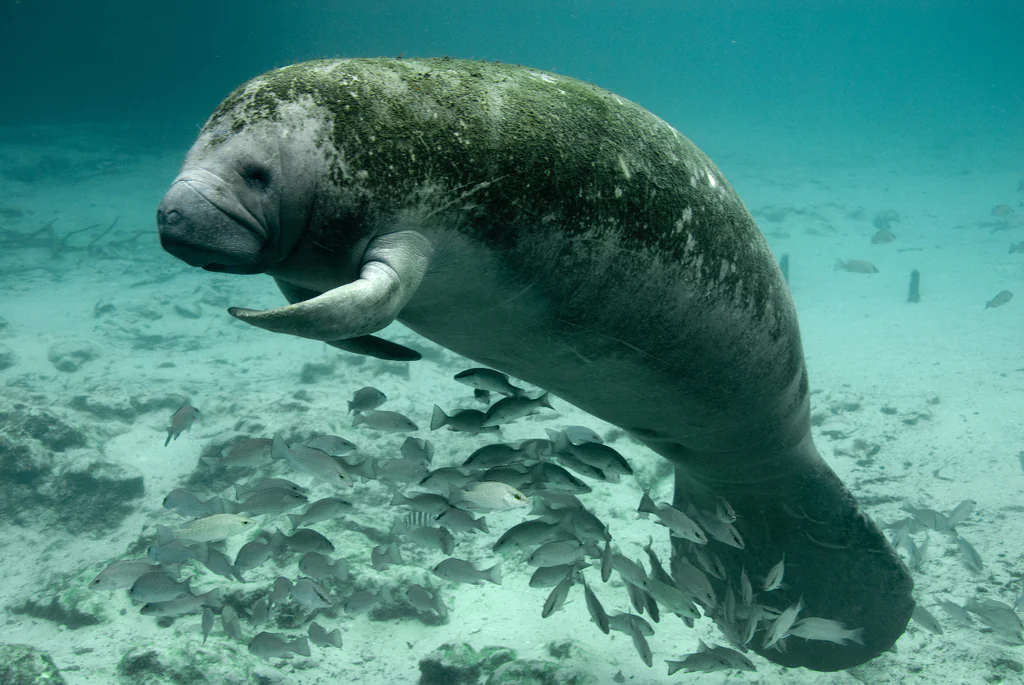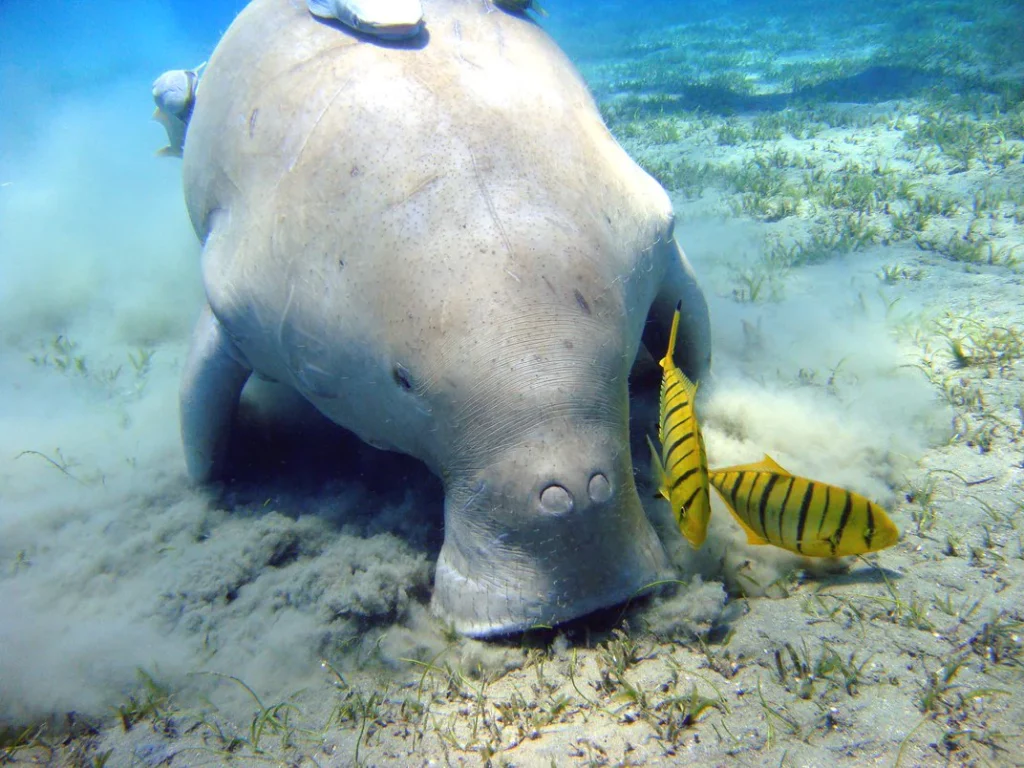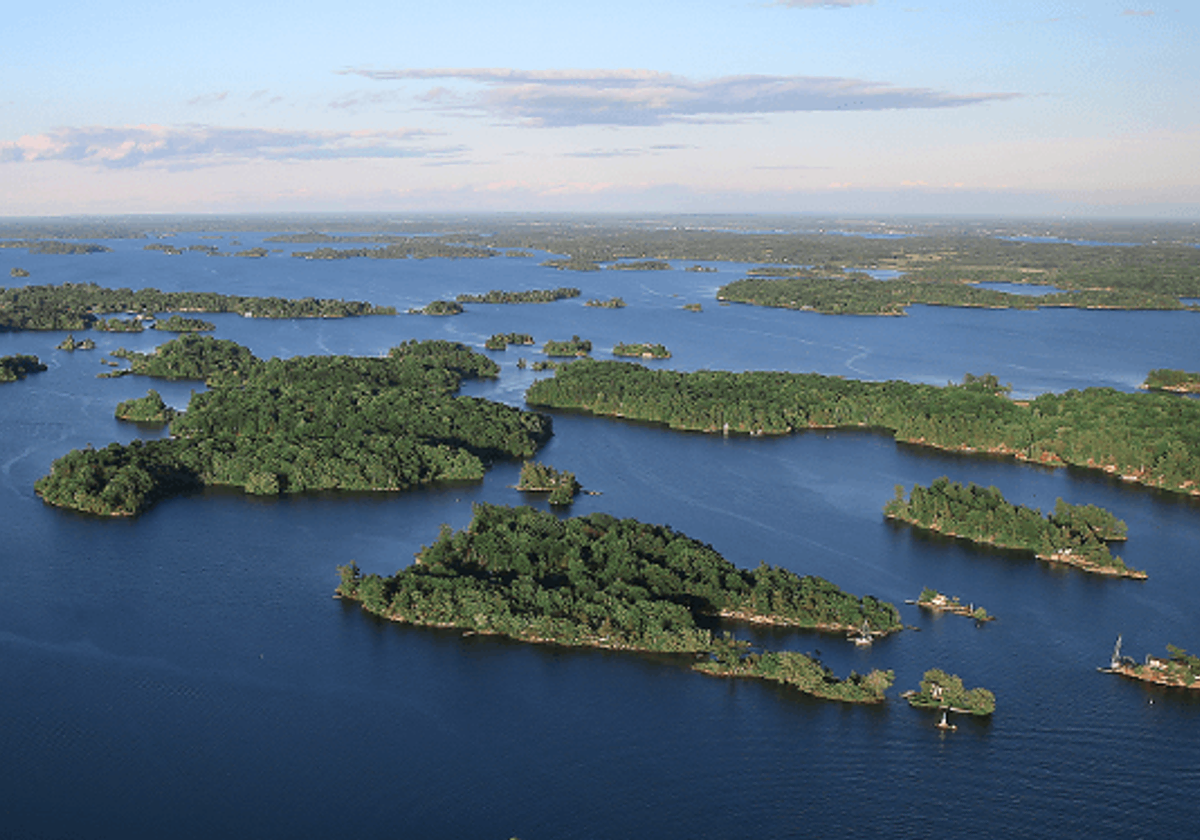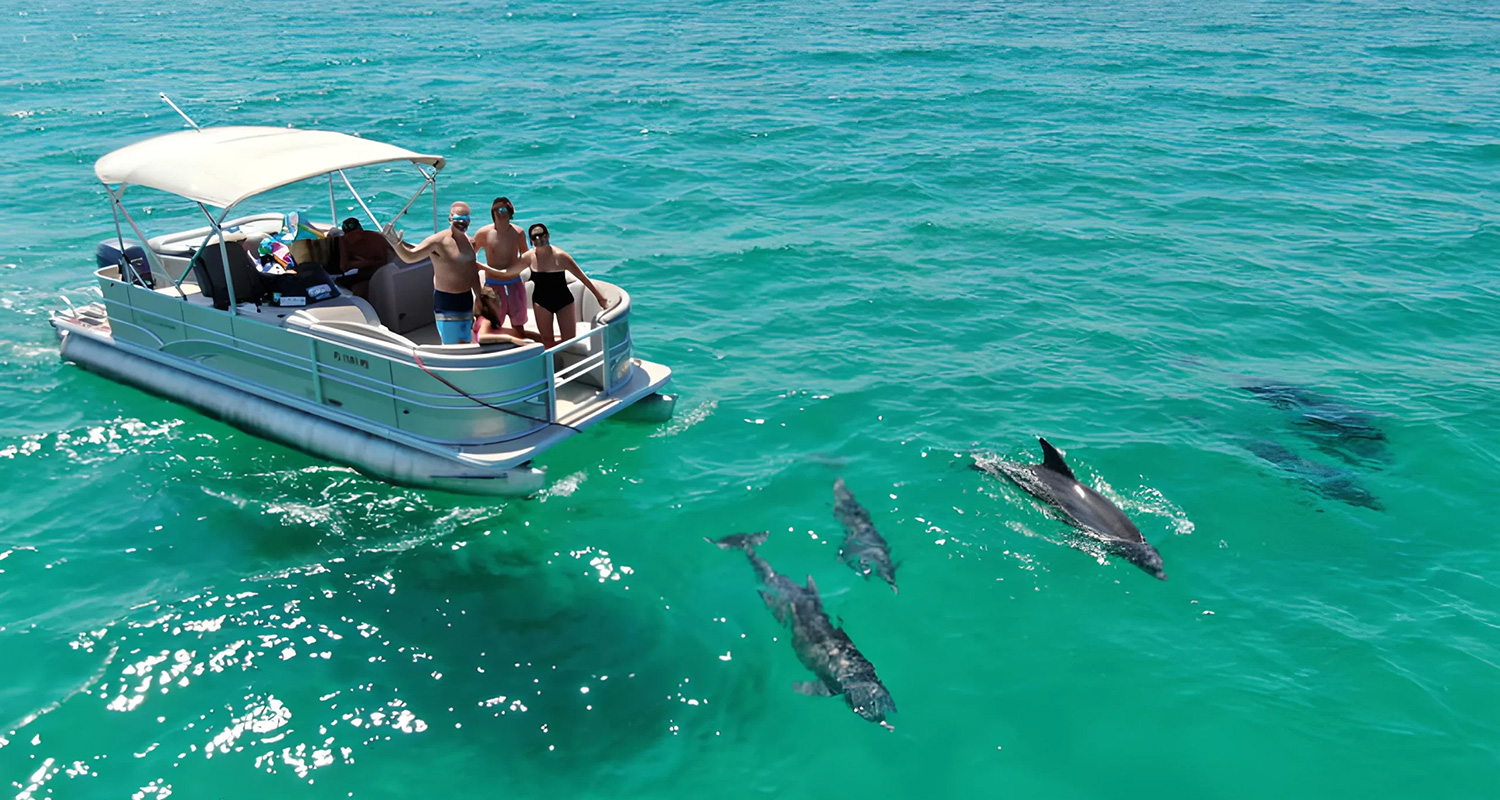Manatees are gentle, giant marine mammals that live in warm waters around the world. These amazing creatures have been around for millions of years and are fascinating to learn about. Here are five fun facts about manatees:
1. Manatees are closely related to elephants. In fact, they are believed to have evolved from a common ancestor. Both animals share similar physical characteristics, such as a large body, thick skin, and small eyes. Manatees are herbivores and spend most of their time eating aquatic plants. They are gentle giants and are a popular tourist attraction in many parts of the world.
2. Manatees are vegetarians and eat up to 150 pounds of vegetation per day! They use their large, flexible lips to scrape algae off rocks and other surfaces. Manatees are slow but can travel up to 20 miles per hour in short bursts. These gentle giants are at risk from boats and other human-related activities. You can help protect them by obeying boat speed limits in manatee habitats and being careful not to disturb them when you see them in the wild.
3. Manatees are perfect swimmers and can hold their breath for up to 20 minutes at a time. They are very curious creatures, and they will often approach boats and humans in the water. If you are ever lucky enough to see a manatee, be sure to give them a wide berth and admire them from a distance.
4. Manatees have no natural predators and are not known to be aggressive. This makes them a perfect choice for eco-tourism and swim-with-the-manatee experiences. These docile creatures can often be found in shallow, coastal waters and rivers. Although they are large animals, they are gentle giants and pose no threat to humans.
5. Manatees are protected by law in many countries and are considered endangered. In the United States, they are protected under the Endangered Species Act and the Marine Mammal Protection Act. In Canada, they are protected under the Species at Risk Act. In the United Kingdom, they are protected under the Wildlife and Countryside Act. In Australia, they are protected under the Environment Protection and Biodiversity Conservation Act.
